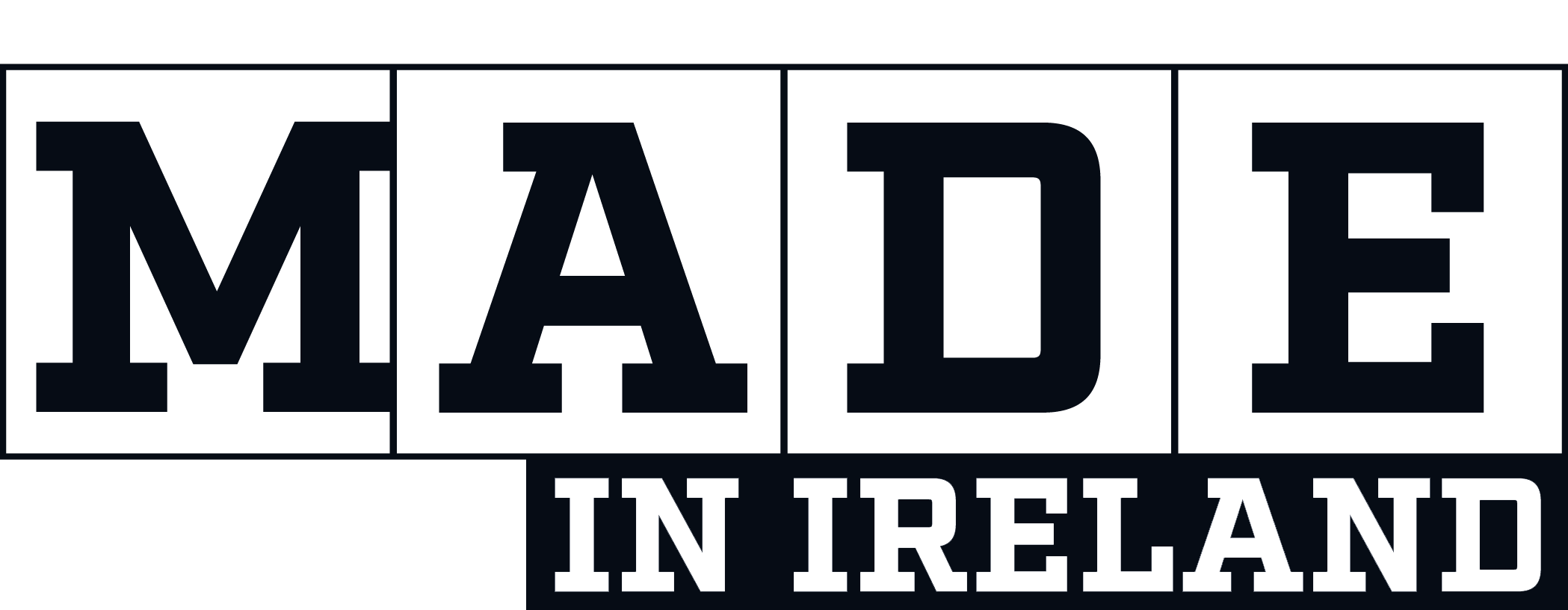The engineering sector employs more than 60,000 people in Ireland and research conducted by Engineers Ireland this year estimated that 6,000 vacancies in engineering would arise in 2024. Just 24% of engineering students are female according to latest figures from the Higher Education Authority (HEA)* and Engineers Ireland estimates the true number of women who go on to pursue a career in engineering to be approximately half of that, at around 12%. Further data from the HEA shows that male graduates of STEM courses are twice as likely as their female counterparts to have the word “engineer” in their job title, nine months after graduation. Figures also show a salary differential between male and female graduates, with 20.1% of male graduates of engineering, manufacturing and construction earning a salary of €60,000 or more, compared to 12.7% of females.**
Factors impacting the level of female participation in engineering include perceptions of gender suitability for careers in engineering. A study conducted by Ipsos B&A on behalf of Engineers Ireland found that 1 in 4 (25%) of a representative group of over 1,000 members of the Irish public consider engineering as a profession which offers better career opportunities for men rather than women. Those aged 16 – 24 years of age were most likely to hold this view (28%), with those aged 25 – 34 and 65+ least likely (22% and 23% respectively).
The organisation is also seeking to drive interest in engineering among students from rural backgrounds who are understood to be under-represented in engineering studies and in the wider profession.
One worrying factor is the lack of awareness of how engineering has diversified as a profession in line with the technological advances and demands in other sectors, and how engineering today is about software, medical devices, robotics and chemical engineering – it is not just about building roads and bridges, though they remain vital to society.
To address the information and perception gaps related to engineering, Engineers Ireland is commencing a drive at this year’s National Ploughing Championships in September in Ratheniska, Co. Laois to show members of the public, educators and career guidance advisors the breadth of the contribution of engineering to society. The representative body will be on site with a number of advanced engineered products and exhibitions to demonstrate the career opportunities associated with engineering and encourage interest and awareness amongst underrepresented groups in the profession.
The Engineers Ireland exhibition at the National Ploughing Championships will display an autonomous robot dog, Setanta, which works at construction sites conducting laser scans to identify deviations from construction plans; a life-sized representation of the human heart and arterial system, engineered to support biomedical research to combat heart disease; an interactive Formula 1 experience demonstrating the importance of automotive engineering to motorsports; and an opportunity for attendees to visit space through VR.










